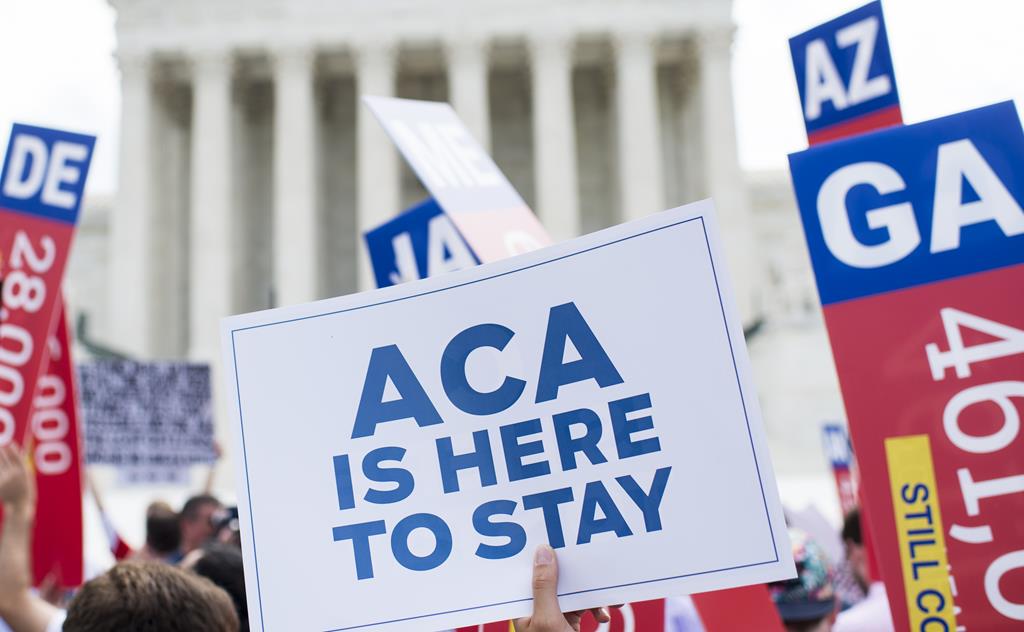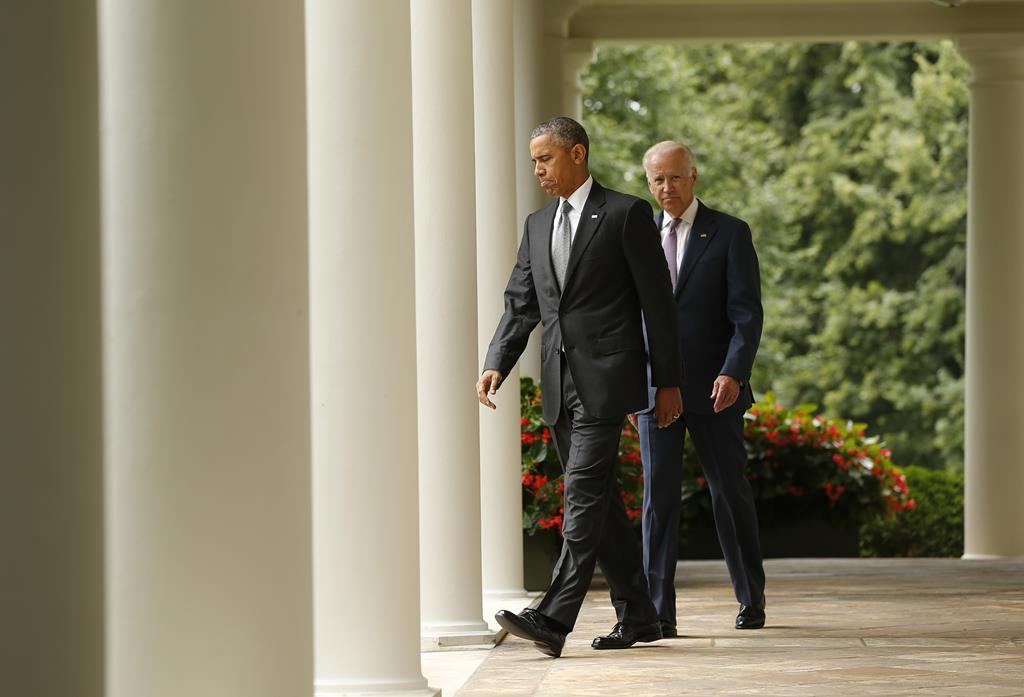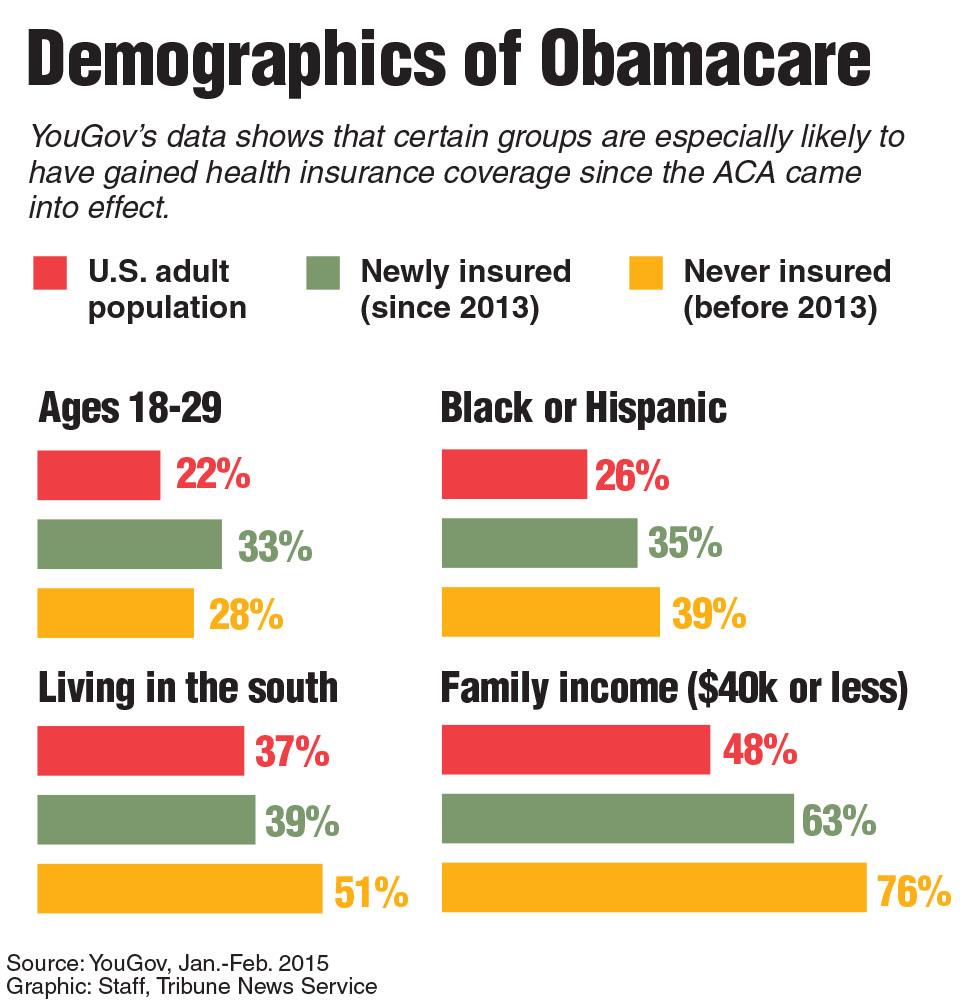Obama Health Care Law Survives Supreme Court Fight


 The Supreme Court sent a clear message Thursday that President Barack Obama’s health care overhaul is here to stay, rejecting a major challenge that would have imperiled the landmark law and health insurance for millions of Americans.
The Supreme Court sent a clear message Thursday that President Barack Obama’s health care overhaul is here to stay, rejecting a major challenge that would have imperiled the landmark law and health insurance for millions of Americans.
Whether you call it the Affordable Care Act, Obamacare, or in the words of a dissenting justice, SCOTUScare, Obama’s signature domestic achievement is, as the president himself put it, “reality.”
The 6-3 ruling, which upheld financial aid to millions of low- and middle-income Americans to help pay for insurance premiums regardless of where they live, was the second major victory in three years for Obama in politically charged Supreme Court tests of the law. And it came on the same day the court gave him an unexpected victory on another subject, preserving a key tool the administration uses to fight housing bias.
Obama greeted news of the health care decision by declaring the law is no longer about politics but the benefits millions of people are receiving. “This is no longer about a law,” he said in the White House Rose Garden. “This is health care in America.”
Declining to concede, House Speaker John Boehner of Ohio said Republicans, who have voted more than 50 times to undo the law, will “continue our efforts to repeal the law and replace it with patient-centered solutions that meet the needs of seniors, small business owners, and middle-class families.” However, he declined to commit to a vote this year.
Several Republican presidential candidates said they would continue the fight, ensuring it will be an issue in the campaign.
Other legal challenges are working their way through the courts, but they appear to pose lesser threats to the law, which has now withstood two stern challenges at the Supreme Court.
At the court, Chief Justice John Roberts again wrote the opinion in support of the law, just as he did in 2012. His four liberal colleagues were with him three years ago and again on Thursday. Justice Anthony Kennedy, a dissenter in 2012, was part of the majority this time.
Justice Antonin Scalia, in a dissent he summarized from the bench, strongly disagreed. “We should start calling this law SCOTUScare,” he said, suggesting his colleagues’ ownership of the law by virtue of their twice stepping in to save it from what he considered worthy challenges.
Scalia said that Roberts’ 2012 decision that upheld the law and his opinion on Thursday “will publish forever the discouraging truth that the Supreme Court of the United States favors some laws over others and is prepared to do whatever it takes to uphold and assist its favorites.”
In the challengers’ view, the phrase “established by the state” demonstrated that subsidies were to be available only to people in states that set up their own exchanges.
The administration, congressional Democrats and 22 states responded that it would make no sense to interpret the law that way. The idea was to decrease the number of uninsured, preventing insurers from denying coverage because of “pre-existing” health conditions, requiring almost everyone to be insured and providing financial help to those who otherwise would spend too much of their paychecks on premiums.
The case is King v. Burwell, 14-114.
This article appeared in print on page 1 of edition of Hamodia.
To Read The Full Story
Are you already a subscriber?
Click "Sign In" to log in!

Become a Web Subscriber
Click “Subscribe” below to begin the process of becoming a new subscriber.

Become a Print + Web Subscriber
Click “Subscribe” below to begin the process of becoming a new subscriber.

Renew Print + Web Subscription
Click “Renew Subscription” below to begin the process of renewing your subscription.









